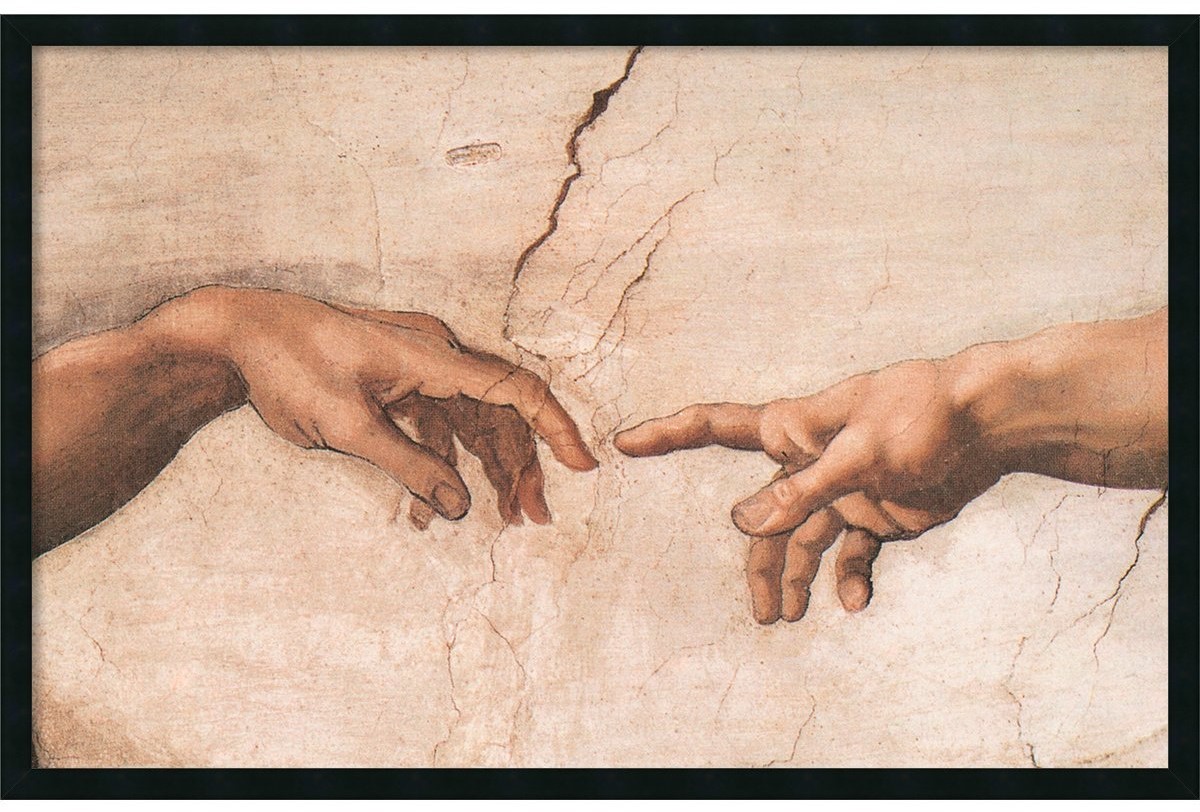
A touch communicates more than words will express.
“You place Your hand of blessing on my head.” Psalm 139:5 NLT.
My thoughts and comments today are about, “The Language of Touch.”
Physical touch has its own language. A simple act of touch can communicate comfort, inclusion, assurance, affirmation, or even healing. An extended hand speaks of welcome and acceptance. A pat on the back is congratulatory, affirming a job well done. An arm around a person’s shoulders registers comfort and assurance. An embrace communicates affection. The language of touch communicates what words are inadequate to express – compassion, understanding, sympathy, comfort, or reassurance. In contrast, isolation from human touch can be debilitating to one’s personality and sense of wellbeing.
Along with our family and friends, we each need appropriate, physical interaction. Babies who were touched and held more frequently by attending nurses are found to thrive, gaining body weight more quickly than infants who were not touched and held. It would seem we never outgrow the need for a loving, caring touch from others. For reasons that will have to be explored elsewhere, it seems like we Americans are more inhibited about this than are our European cousins. But no one does as well without frequent interaction and the appropriate touch of other persons.
Jesus was always touching people and being touched by them, even some that others would not have touched. He touched lepers and freed them from their prison of social isolation. He touched the sick and they resumed normal lives. He touched the blind and they could see as before. Jesus laid His hands upon children and blessed them. His touch restored lifeless bodies to life. In Scripture, great importance is given to the “laying on of hands.” Along with the spiritual significance of impartation, there is the very real physical importance of identification and empowerment, evidencing a new connectedness and beneficial involvement with one another.
That personal touch is available to you as well. David seemed incredulous as he wrote, “You place Your hand of blessing on my head.” Psalm 139:5 NLT. What would it mean to you today – every day, any day – to know that the hand of God was upon your life for blessing? After David describes the breadth of human experience, he adds, “Even there Your hand will guide me, and Your strength will support me.” Read Psalm 139: 7-12 NLT.
When He lays His hand upon you, God identifies Himself with you. So often in Scripture, “The God of Abraham, Isaac and Jacob,” chose to identify Himself with individuals, even with all our imperfections and frailties. Consider that God would place His Name alongside of yours. “For we have not an high priest which cannot be touched with the feeling of our infirmities; but was in all points tempted like as we are, yet without sin. Let us therefore come boldly unto the Throne of grace, that we may obtain mercy, and find grace to help in time of need.” Hebrews 4:15-16 KJV. The double negative of that verse asserts that our God can and will be touched with, “the feelings of our infirmities,” and welcomes us with grace.
When He lays His hand upon you, God commits Himself to you. He commits to provide, protect, and direct. “And God is able to make all grace abound to you, that you, always having all sufficiency in all things, may have an abundance for every good work.” 2 Corinthians 9:8 NKJV. Imagine having the sufficiency of God always available to you.
Today, I pray for you to experience the benevolent touch of your God.
Christian Communications 2017 – 6408
Facebook.com/everydaylife.allenrandolph.com
About the photo: From 1508-1512, Michelangelo painted the ceiling of the Sistine Chapel with a series of frescoes that portrayed several Biblical stories. Perhaps the most famous image from the ceiling is The Creation of Adam, which depicts God giving life to the first human, Adam.
